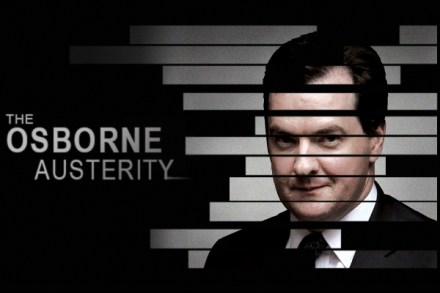Tourists are trickling back to Egypt – to beat the crowds, go now
Egypt’s revolution of 2011 didn’t just get rid of President Mubarak: it did a pretty good job of clearing out the tourists, too. The political uncertainty since then has made people wary of visiting — meaning more space and lower prices for those who do make the trip. But you’d better be quick if you want to take advantage: this seems to be the year that Egypt is opening up again. BA are resuming their Sharm el-Sheikh flights in September, while Abercrombie and Kent are back up to three boats for their Nile cruises (they had been down to one). I started in Aswan, home to the alarmingly named Hotel




















